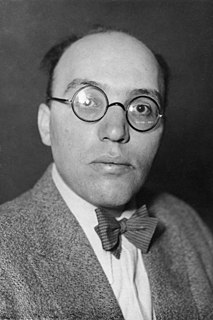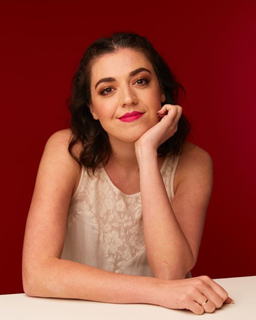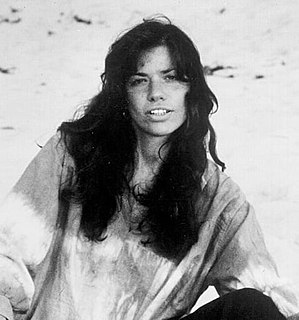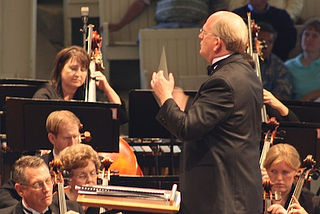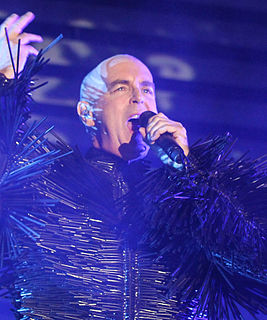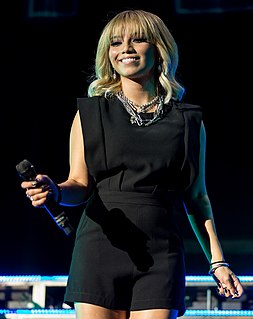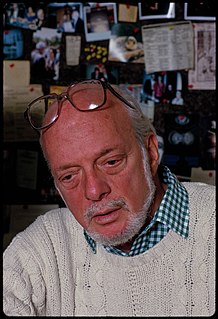A Quote by Rachel Bloom
Musical theater is an American genre. It started really, in America, as a combination of jazz and operetta; most of the great musical theater writers in the golden era are American. I think that to do a musical is a very American thing to me.


